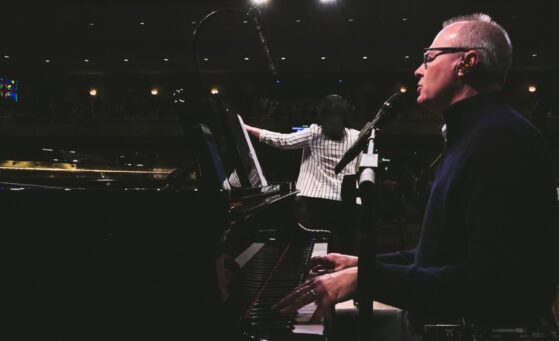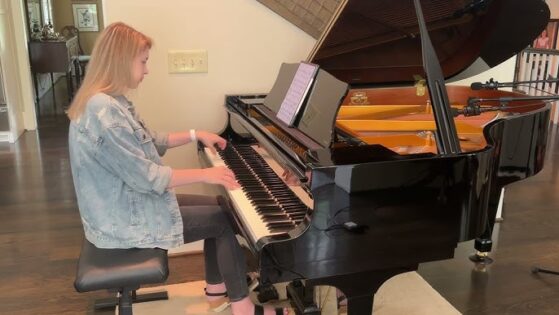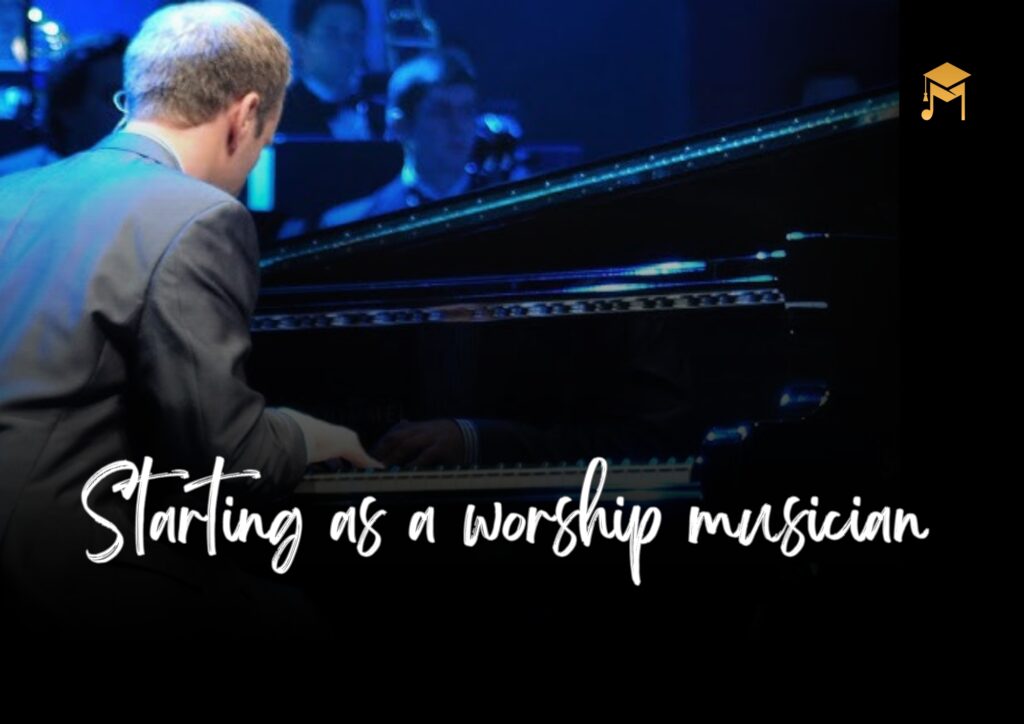Becoming a worship musician is a deeply rewarding journey, blending musical skill with spiritual devotion. If you’re passionate about using your talents to enhance worship experiences, this guide will help you navigate the essential steps to start your path as a worship musician.

Understanding the Role of a Worship Musician
A worship musician plays a vital role in creating an environment where congregants can connect spiritually. This role goes beyond just playing instruments or singing; it involves understanding the dynamics of worship services, collaborating with other musicians and worship leaders, and being attuned to the needs of the congregation. A worship musician must balance technical proficiency with emotional and spiritual sensitivity.

Develop Your Musical Skills
The foundation of a worship musician’s role is strong musical ability. Focus on the following areas:
Instrument Proficiency: Whether you play the piano, guitar, drums, or any other instrument, aim to achieve a high level of skill. Practice regularly and seek lessons if necessary to improve your technique.
Vocal Training: If you plan to sing, invest in vocal training to develop your voice. This includes learning proper breathing techniques, pitch control, and vocal range.
Music Theory: Understanding music theory will help you interpret and arrange worship songs effectively. This knowledge includes chord progressions, scales, and key signatures.

Familiarize Yourself with Worship Music
Different churches and worship settings may use various styles of music. Here’s how to get acquainted:
Explore Various Genres: Listen to contemporary worship, traditional hymns, gospel, and praise music. Understanding these genres will help you adapt to different worship settings.
Study Worship Songs: Learn popular worship songs and their structures. Pay attention to how these songs build emotion and encourage congregational participation.

Understand Worship Service Dynamics
A successful worship musician must grasp how worship services flow. Key elements to consider include:
Service Structure: Familiarize yourself with the order of a typical worship service. Understand when and how music fits into the service, from pre-service preparation to post-service reflections.
Collaborate with Leaders: Work closely with worship leaders and pastors to understand the thematic focus of each service and how music can enhance the message.
Engage with the Congregation: Your role is to lead and engage the congregation through music. Learn how to read the room and adjust your performance to fit the mood and energy of the service.

Build Strong Relationships
Building relationships within your worship community is crucial:
Network with Other Musicians: Connect with fellow musicians and learn from their experiences. Join worship teams or music groups to gain practical experience.
Seek Mentorship: Find a mentor who has experience as a worship musician. They can offer guidance, support, and valuable insights into the role.

Practice and Prepare
Preparation is key to delivering a seamless worship experience:
Rehearse Regularly: Participate in rehearsals to ensure you are well-prepared for each service. Practice the songs, transitions, and any special music pieces.
Stay Organized: Keep track of song lists, chord charts, and any specific instructions from worship leaders. Being organized helps you perform confidently and effectively.

Stay Spiritually Grounded
A worship musician’s role is not just technical but spiritual:
Cultivate a Personal Faith: Maintain a strong personal relationship with your faith. This spiritual grounding will help you lead worship authentically and with sincerity.
Pray and Reflect: Spend time in prayer and reflection to seek guidance and inspiration for your role. This practice will help you stay focused and aligned with the purpose of worship.

Embrace Growth and Learning
The journey of a worship musician is one of continuous growth:
Seek Feedback: Regularly seek feedback from worship leaders and peers. Constructive criticism helps you improve and adapt.
Pursue Professional Development: Attend workshops, conferences, and training sessions to expand your skills and knowledge.
Stay Updated: Keep up with new worship music trends and techniques. Being aware of current practices helps you remain relevant and effective.

Conclusion
Starting as a worship musician involves more than just playing music—it’s about blending your musical talents with spiritual sensitivity. Our Worship Piano Course will help you develop your skills, understand worship dynamics, and stay grounded spiritually, allowing you to make a lasting impact in your worship community. Embrace the journey with passion, and lead others through the power of music with confidence and purpose.








